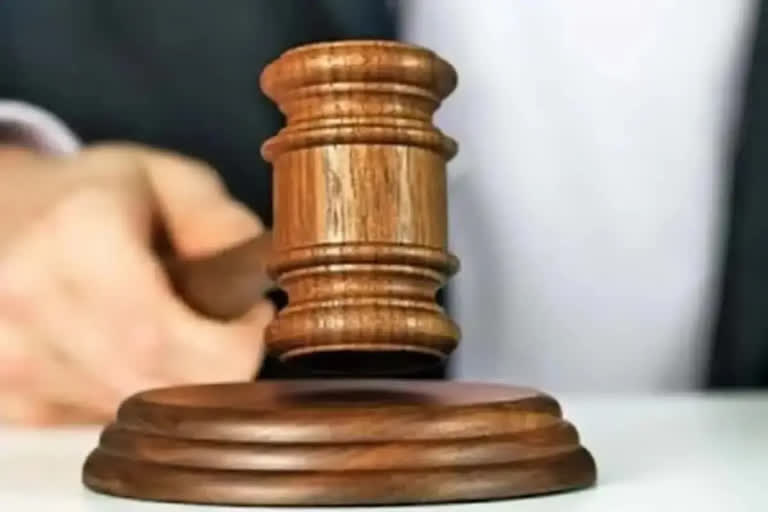Islamabad: Pakistan's Supreme Court on Tuesday said it would announce its judgment about holding elections in Punjab and Khyber Pakhtunkhwa provinces of the country on Wednesday. The court launched suo motu proceedings last week regarding the delay in the announcement of a date for elections in the two provinces where assemblies were dissolved in January.
According to the Constitution, elections should be held within 90 days of the dissolution of an assembly. Currently, both provinces are being run by interim governments, while respective governors who are empowered to set the election dates have demurred, apparently due to political reasons. The court heard all parties, including the lawyers of counsels of the ruling coalition, the Pakistan Tehreek-e-Insaf (PTI), the president, and others, over two days before concluding the hearing and reserving its judgment for Wednesday.
Initially, Chief Justice Umar Ata Bandial, who headed the five-member bench, said at the conclusion of the hearing that a short verdict would be announced soon but after the judges retired to their main chamber for consultations, it was announced the judgment would be issued on Wednesday at 11 am. Earlier, a simple issue of holding an election within 90 days ended up in the apex court due to a bitter political divide in the country that has gnawed at it since cricketer-turned-politician Imran Khan was ousted from power in April last year.
Khan, the chief of PTI, has been demanding early elections. To put pressure on the coalition government in Islamabad, the former prime minister, whose party was in power in Punjab and Khyber-Pakhtunkhwa, dissolved the two assemblies on January 14 and 18 respectively. The governors of the two provinces, who are appointees of the federal government, refused to give dates for elections despite the Election Commission of Pakistan asking them to do so. The situation worsened when President Arif Alvi, who is Khan's nominee, intervened and unilaterally decided that elections would be held on April 9.
His action was denounced as unconstitutional and his lawyer informed the court that the president would withdraw his orders. As the federal government miserably failed to improve the economic situation, it is feared that an early election would only benefit Khan. It has been trying to delay the provincial elections and organise them with the general elections for the parliament which are due after August.
The Supreme Court tried to find a middle ground when it gave the PTI and the coalition government until 4 pm to sit together and come up with election dates in two provinces, but no agreement was reached. The court continued hearing the arguments and eventually concluded the case by end of the day. The case also highlighted divisions within the court as initially a nine-member team was set up to hear the case but it was reduced to a five-member bench on Monday after four judges decided to stay away on various grounds.
Finally, Justice Shah, Justice Munib Akhtar, Justice Mandokhail, and Justice Muhammad Ali Mazhar were part of the bench headed by the chief justice. Those who dissociated themselves from the hearing include Justice Ijazul Ahsan, Justice Afridi, Justice Sayyed Mazahar Ali Akbar Naqvi, and Justice Minallah. (PTI)



